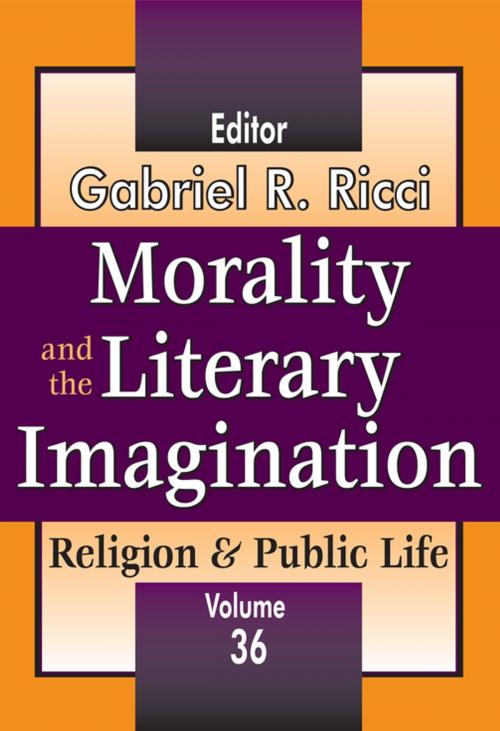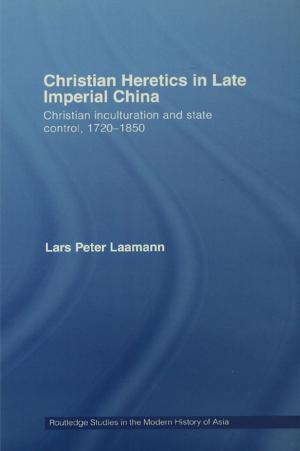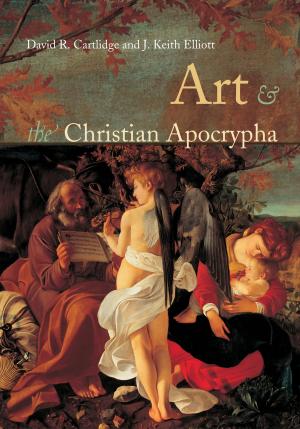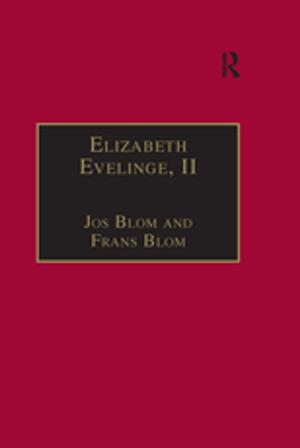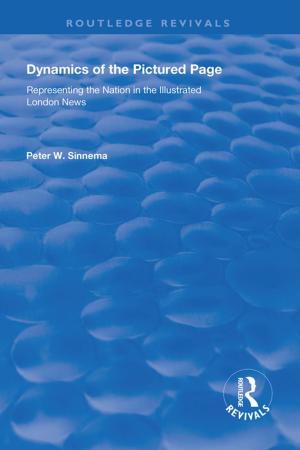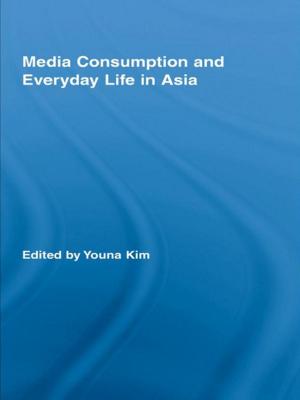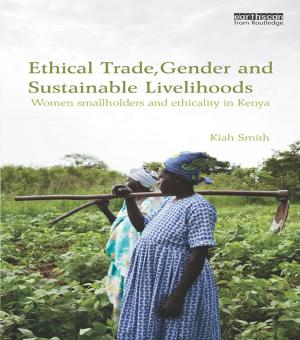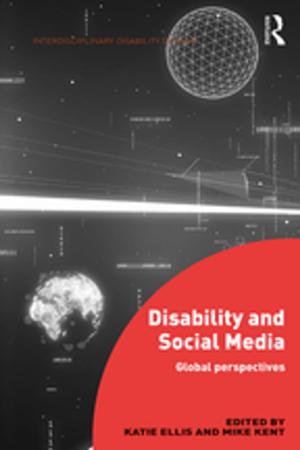Morality and the Literary Imagination
Volume 36, Religion and Public Life
Fiction & Literature, Literary Theory & Criticism, Theory, Nonfiction, Religion & Spirituality, Philosophy| Author: | ISBN: | 9781351504546 | |
| Publisher: | Taylor and Francis | Publication: | July 12, 2017 |
| Imprint: | Routledge | Language: | English |
| Author: | |
| ISBN: | 9781351504546 |
| Publisher: | Taylor and Francis |
| Publication: | July 12, 2017 |
| Imprint: | Routledge |
| Language: | English |
In a letter to Boccaccio, Petrarch extolled the virtue of poetry and letters for promoting an understanding of both human nature and morals. The letter was designed to console him after hearing a prediction that he was soon to die and that he ought to renounce poetry. The prophecy came from an elder renowned for his piety, but Petrarch admonished that too often dishonesty and fraud are couched in religious sentiments. Nothing, not even death, according to Petrarch, ought to divert us from literature. For Petrarch, Virgil was the source for understanding how literary studies not only promote eloquence, but enhance morals. If anything, literature dispels the fear of death. The claims of this volume is that it may be the case that the virtuous life can be achieved by those ignorant of letters but a more direct and certain route is guaranteed by a devotion to literature.
The collected works in this new volume of the Transaction series Religion and Public Life heeds Petrarch's advice that literature not only orients us to life's developmental stages, it can provide us with a more complete understanding of the human character while artfully advancing morals. To this end, Michelle Darnell's opening chapter entitled "A New Age of Reason" explains how existentialism is an argument for how literature can take on philosophical form, not as formal argument, but as persuasive narrative. Over the objections of even those who study Sartre, Darnell uses Sartre's The Age of Reason as a model and shows how his literary output was a legitimate philosophical inquiry.
In addition to the Darnell piece, the volume boasts a series of outstanding and innovative works by scholars in the field. Taken together as a whole, these authors not only illustrate the moral consequences of an original choice, but oblige the reader to explore the ramifications of such a choice in one's own life.
In a letter to Boccaccio, Petrarch extolled the virtue of poetry and letters for promoting an understanding of both human nature and morals. The letter was designed to console him after hearing a prediction that he was soon to die and that he ought to renounce poetry. The prophecy came from an elder renowned for his piety, but Petrarch admonished that too often dishonesty and fraud are couched in religious sentiments. Nothing, not even death, according to Petrarch, ought to divert us from literature. For Petrarch, Virgil was the source for understanding how literary studies not only promote eloquence, but enhance morals. If anything, literature dispels the fear of death. The claims of this volume is that it may be the case that the virtuous life can be achieved by those ignorant of letters but a more direct and certain route is guaranteed by a devotion to literature.
The collected works in this new volume of the Transaction series Religion and Public Life heeds Petrarch's advice that literature not only orients us to life's developmental stages, it can provide us with a more complete understanding of the human character while artfully advancing morals. To this end, Michelle Darnell's opening chapter entitled "A New Age of Reason" explains how existentialism is an argument for how literature can take on philosophical form, not as formal argument, but as persuasive narrative. Over the objections of even those who study Sartre, Darnell uses Sartre's The Age of Reason as a model and shows how his literary output was a legitimate philosophical inquiry.
In addition to the Darnell piece, the volume boasts a series of outstanding and innovative works by scholars in the field. Taken together as a whole, these authors not only illustrate the moral consequences of an original choice, but oblige the reader to explore the ramifications of such a choice in one's own life.
